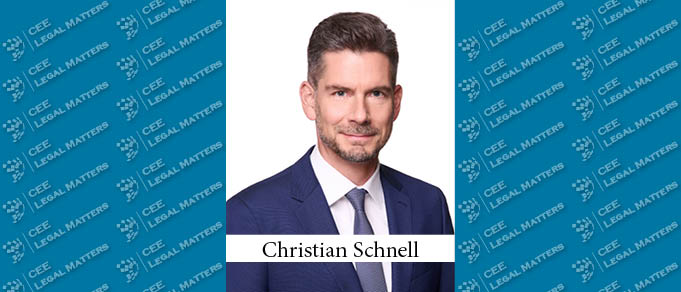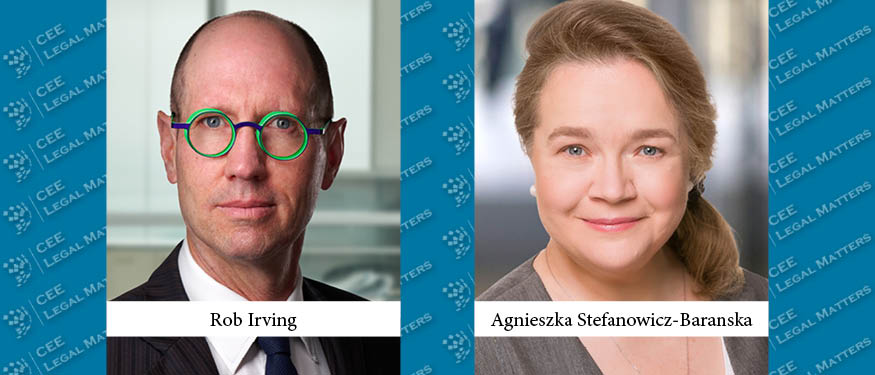Poland has been experiencing a boom in its renewable energy sector – with work originating from the auction support system and also from corporate PPA transactions – which is flowing over to other market segments, according to Dentons Partner Christian Schnell.
“What we see right now is a sharp increase in financing costs all over the region,” Schnell begins. “It is, for certain projects, becoming prohibitively expensive, and return expectations for most investors are significantly impacted,” he shares. Schnell continues by adding that it is “impossible to obtain financing in zloty with a cost below 10%. There is a chilling effect on the market, and money is becoming more and more expensive to obtain," he reports.
Schnell goes on to explain that the markets are not “expected to normalize before 2024, meaning that especially financial investors are likely to be reconsidering their positions regarding their commitments. We can already see this clearly in the real estate and energy sectors, where investments that were initialized a few years ago are looking quite different right now,” he says. Schnell goes on to report that he expects there to be more portfolio re-orientation so as to future-proof investments. “Looking at the interbank rates in the financial markets in the region – this is a normal condition. Even looking at ten-year state bonds, costs are going up,” he says.
Poland, specifically, finds itself in a bit of a bind, as Schnell reports problems with “obtaining EU funding, meaning that money prices are likely to stay at the current level in 2023.” With the country looking at yet another election cycle in October 2023, it is increasingly more difficult to predict how matters will unfold. Giving a specific example of regulatory issues, Schnell points to the “10H distance rule. The rule regulates onshore wind farms in a way as to prevent their construction in the proximity of residential areas – at a distance of ten times the tip height of a turbine,” he explains. “This has been blocking investments as it prevents further renewable energy production sites from being constructed – the rule must change in order to unclog further development in this sector and to bring the energy prices down.”
Finally, Schnell takes a step back, looking at the entire market. “All market transactions have been impacted, not only real estate and energy – we are increasingly seeing private equity investors adopting an approach of choosing to funnel funds into investments that could be more easily flipped within a couple of years,” he explains. “All of this, of course, means a vibrant legal market and more work for us,” he says. “Strong investment pressure is palpable, even with a number of investors adopting a waiting position, so there is promise looking ahead,” he concludes.






















